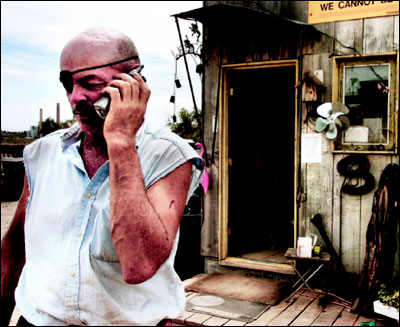This column highlights the top economic stories of the week.
Just as Swine flu looked like it was on the mend, the USA announced the death of two Texas residents and one in Washington state. The disease has been linked to poorly managed factory farms in Mexico.
The results of the bank stress tests were release this week. Nine banks got a clean bill of health, but ten were told to increase their capital. Bank of America, one of the biggest banks in America has to raise #34 billion in capital.
The overall view is that banks are doing well and the government hopes that additional funding can be raised in the private markets. However, if funding cannot be raised, then the government will consider transforming some of the TARP money invested in banks into common stock. If that’s the case, it will be a riskier investment for the taxpayer, as nobody has the proverbial crystal ball that can predict the economic outlook in the days and weeks to come.
The World Bank found through a study that it would be impossible for India to reduce its greenhouse gas emissions without adversely affecting its fight to eliminate poverty.
NPR tells us that congress is taking on the credit card industry. The Senate is to take up legislation that, if passed, would make it illegal for credit card companies to impose sudden interest rate increases.
The U.S. unemployment rate in April hit 8.9%, its highest in a quarter century. But the pace of job losses has slowed. Is this evidence that the economy is no longer deteriorating as quickly as it was earlier this year?
Everybody is pinning their hopes on the economic recovery as the green seeds planted begin to bear shoots and leaves. But as we said earlier, it is hard to make a prediction when there is no crystal ball….
Follow us on twitter: twitter.com/inspiredeconomy



